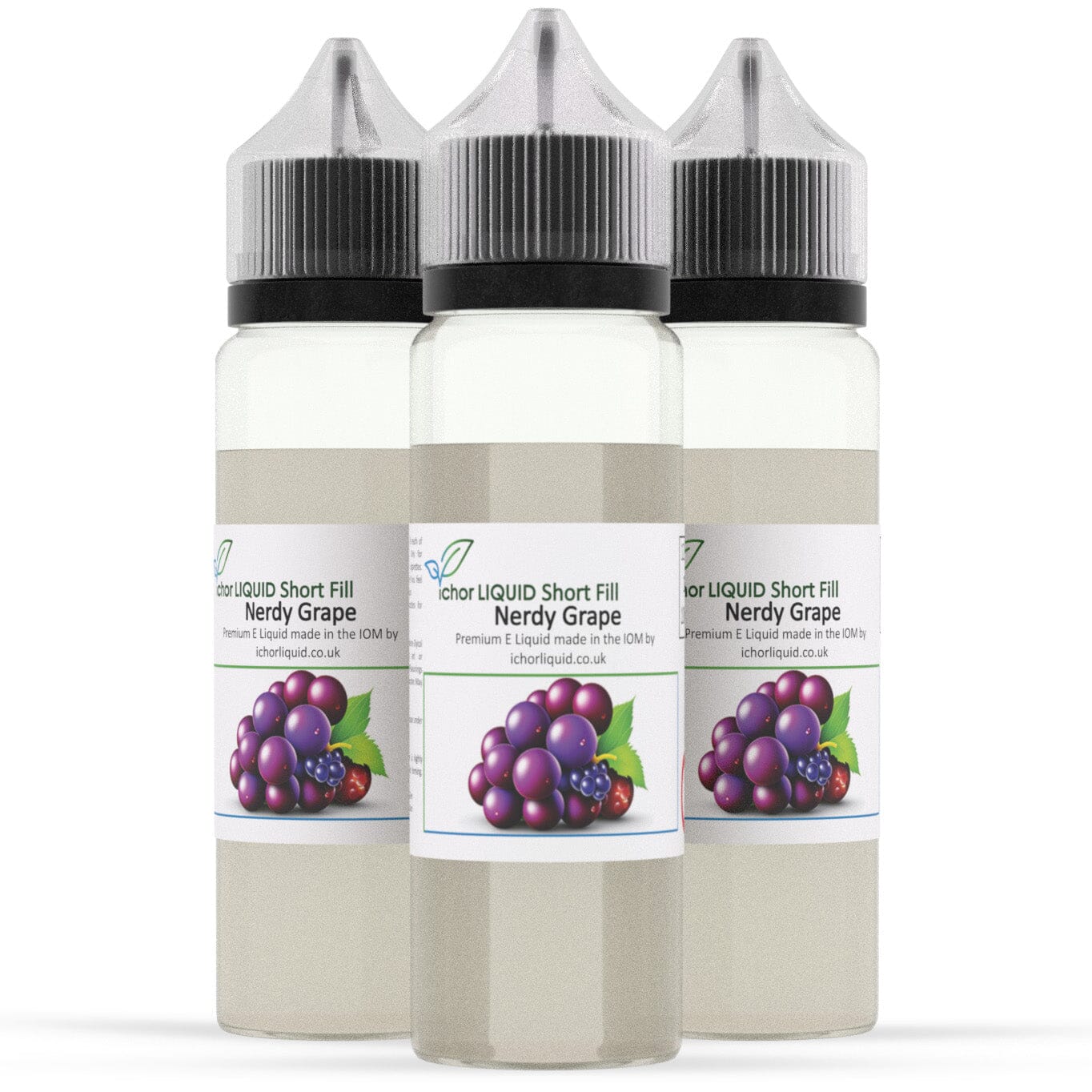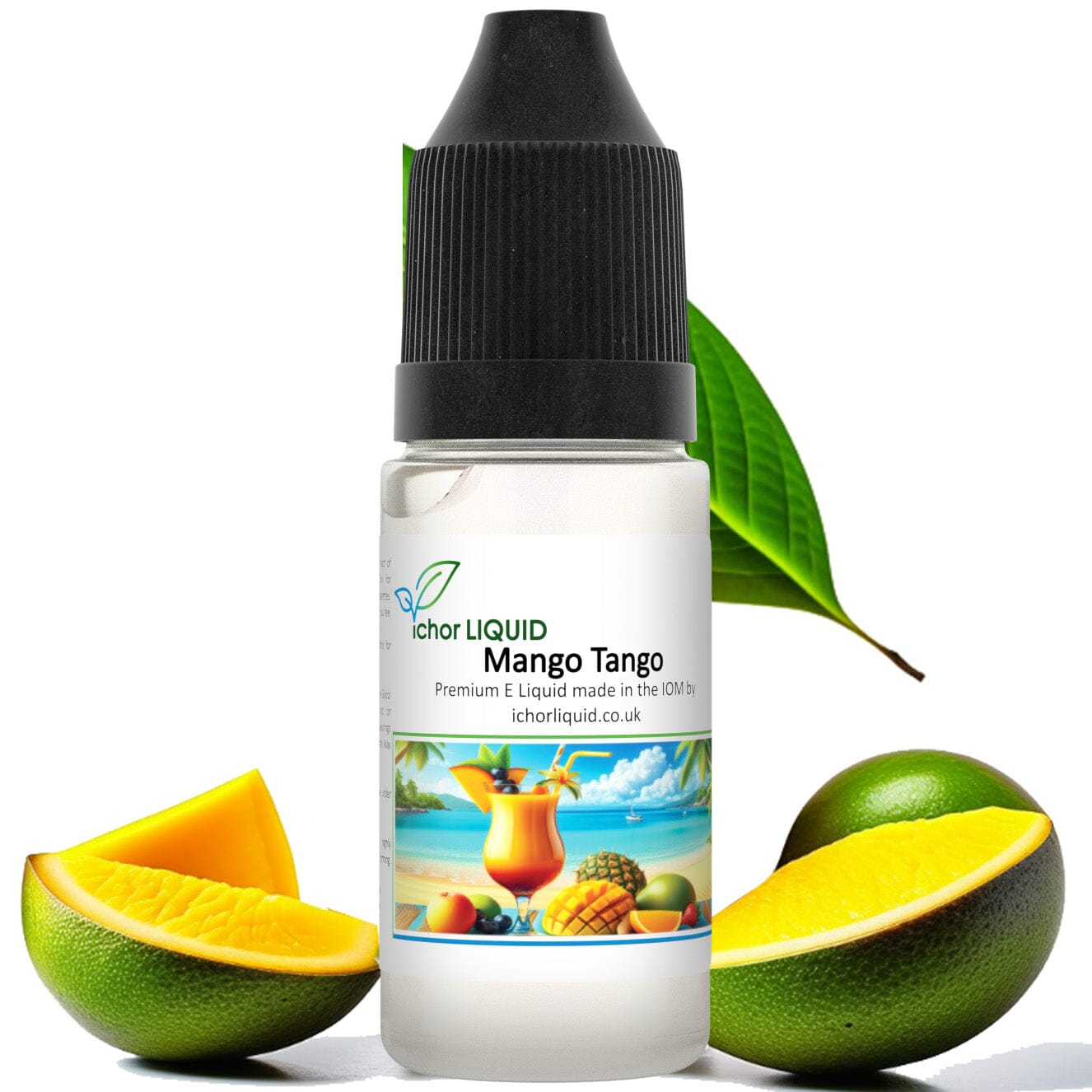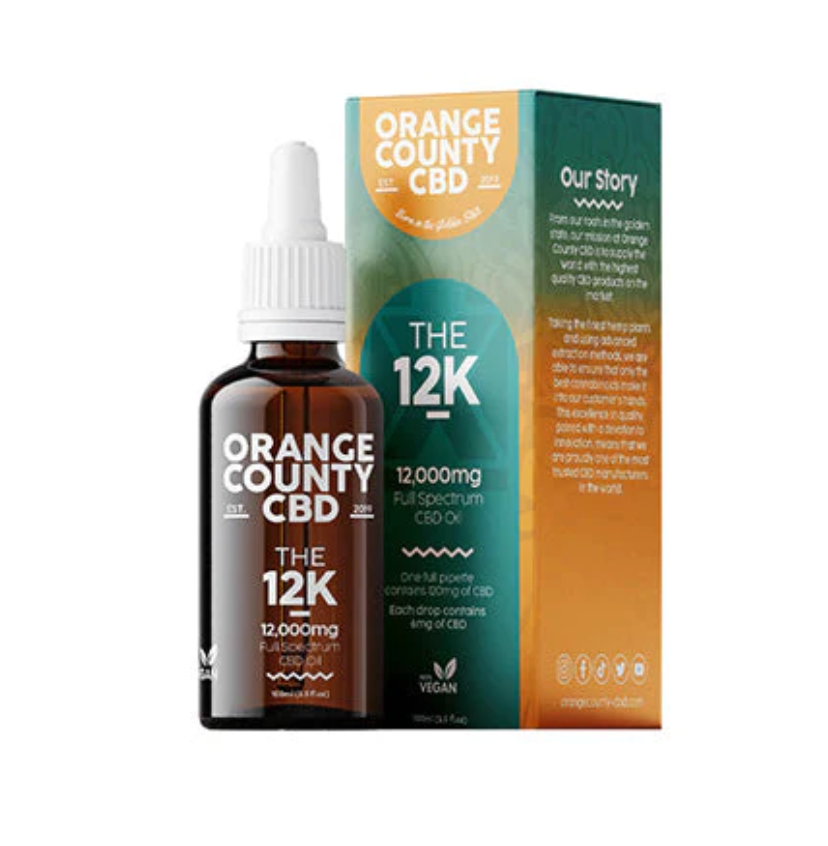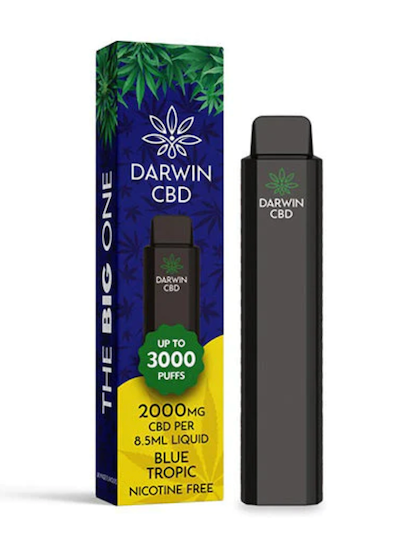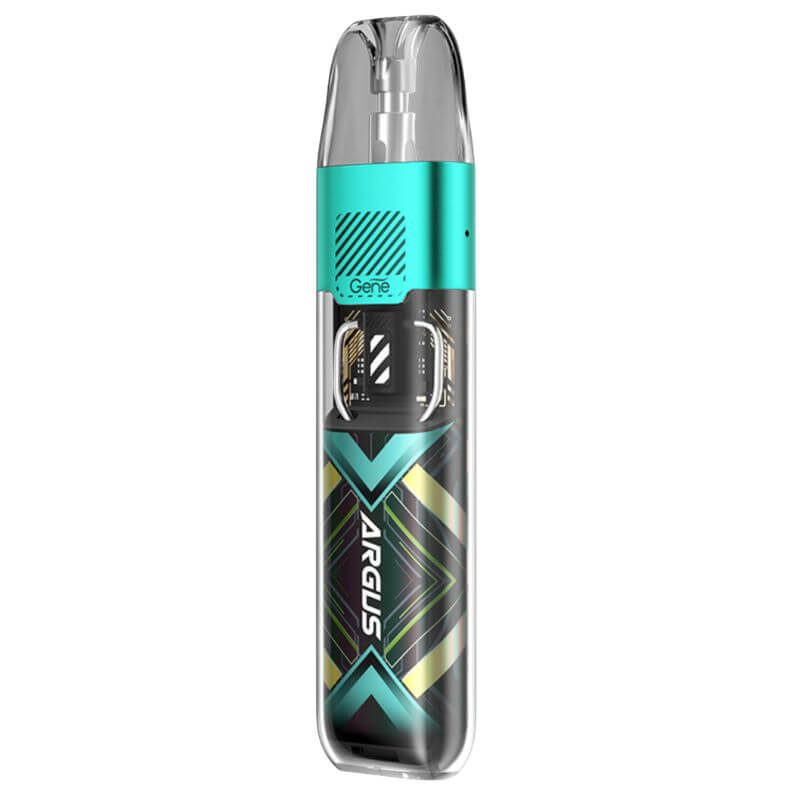CBD and Drug Screening - What You Should Know About Detection Times
CBD and Drug Screening - What You Should Know About Detection Times
Conundrums surrounding CBD use and drug screenings have led to much confusion and concern among individuals navigating the workforce and maintaining their health. While CBD itself is not typically tested for in standard drug screenings, it is crucial to understand the potential risks and implications of using CBD products, particularly when it comes to detection times for THC, the psychoactive component of cannabis. With the increasing popularity and accessibility of CBD products, it is important for individuals to be informed about how long THC can be detected in their system after using CBD, as well as the potential consequences it could pose to their employment or legal standing. In this blog post, we will delve into the important details regarding CBD and drug screening, offering insights and guidance for those seeking clarity on this topic.
Understanding CBD
The use of CBD has become increasingly popular, but many people are still unfamiliar with what it is and how it differs from THC. In this chapter, we will delve into the basics of Cannabidiol (CBD) and its key distinctions from THC, to better understand how it may impact drug screening.
The Basics of Cannabidiol (CBD)
An extract from the cannabis plant, CBD is one of over 100 different cannabinoids present in the plant. Unlike tetrahydrocannabinol (THC), CBD is non-psychoactive, meaning it does not cause the "high" typically associated with cannabis use. CBD is commonly used to promote relaxation and alleviate symptoms of various medical conditions, including anxiety, pain, and inflammation.
Differences Between CBD and THC
Cannabidiol (CBD) and tetrahydrocannabinol (THC) are the two primary compounds found in the cannabis plant, and they have vastly different effects on the body. Unlike THC, CBD does not produce psychoactive effects and is not associated with the impairment that THC causes. This key difference is one of the main reasons why CBD has gained traction as a potential therapeutic agent, while THC is more commonly known for its recreational use.
This distinction between CBD and THC is crucial in the context of drug screening, as it is important for individuals to be aware of how CBD use may impact the results of drug tests. While THC can be detected in drug screenings, CBD typically does not produce a positive result in standard drug tests.
Drug Screening and CBD
Obviously, drug screening is an important consideration for many individuals, whether it be for employment purposes or other reasons. With the increasing popularity of CBD products, many people are concerned about how it may impact drug screening results. It's important to understand the various aspects of drug screening and how CBD may play a role in detection.
Types of Drug Tests Commonly Used
There are several types of drug tests commonly used, including urine, blood, saliva, and hair follicle tests. Each test has different detection times for various substances, including CBD. It's essential to be aware of the detection window for each type of test, as well as the potential for false positives or negatives.
- Urine: Typically has a detection window of a few days to a few weeks, depending on various factors such as frequency of use and dosage.
- Blood: Can detect substances for a shorter period, usually a few days.
- Saliva: Offers a shorter detection window, often up to a few days.
- Hair follicle: Has the longest detection window, potentially up to 90 days.
Knowing the specific detection times for each type of drug test is crucial for understanding how long CBD may be detectable in the body.
Potential for CBD to Affect Drug Test Results
An important consideration when it comes to CBD and drug testing is the potential for CBD products to contain trace amounts of THC. While most CBD products are derived from hemp and contain minimal THC, there is still a risk of testing positive for THC in certain circumstances. Additionally, the quality and purity of CBD products can vary, which may impact the likelihood of a positive drug test result.
The presence of THC in CBD products and variations in product quality can pose a potential risk for individuals undergoing drug screening, especially in contexts where any level of THC is prohibited. It's crucial to be mindful of these factors when using CBD products and undergoing drug testing.
Detection Times and Factors
Now, let's delve into the detection times and factors that can influence how long CBD can be detected in your system. It's important to have a clear understanding of these factors to ensure that you are well-informed about the potential consequences of CBD use in relation to drug screening.
How Long CBD Can Be Detected in Your System
With the growing popularity of CBD products, many individuals are curious about how long it can be detected in their system. The answer to this question can vary depending on several factors, including the method of consumption, frequency of use, and individual metabolism. In general, CBD can be detected in the body for up to a few days to a few weeks.
Factors Affecting CBD Detection Times
An important aspect to consider is the various factors that can affect the detection times of CBD in your system. These factors can include:
- Method of consumption
- Frequency of use
- Individual metabolism
Any or all of these factors can contribute to differences in detection times, making it crucial to be aware of how they can impact drug screening results.
The method of consumption plays a significant role in how long CBD can be detected in the body. Any changes in consumption habits, such as switching from oral ingestion to inhalation, can have an impact on detection times. Likewise, the frequency of use and individual metabolism can also influence how long CBD remains in the system, potentially affecting drug screening outcomes. Being mindful of these factors is essential for understanding the potential implications of CBD use on drug testing.
Legal and Employment Considerations
Keep in mind the legal and employment considerations when it comes to CBD and drug screening. Understanding the laws and regulations surrounding CBD usage and workplace drug policies is crucial to avoid any potential legal or employment issues.
CBD Laws and Regulations
Regulations regarding CBD vary from state to state, with some allowing the use of CBD products with low THC content, while others have stricter regulations. It's important to familiarize yourself with the laws in your specific state to ensure compliance with legal requirements.
Additionally, the FDA has not approved CBD as a food additive or dietary supplement, which further impacts the legality of CBD products. Always verify the legal status of CBD in your state before using it, especially if you are subject to drug screening.
CBD Usage and Workplace Drug Policies
Drug testing in the workplace is a common practice, and CBD usage can potentially impact the results of these screenings. Many employers have strict drug policies that prohibit the use of any cannabis-related products, including CBD, regardless of its THC content. Employees should be aware of their workplace drug policies and consider the potential consequences of using CBD products.
Laws regarding workplace drug policies and CBD usage vary by state, so it's important to be well-informed and consult with legal professionals if necessary. Employers and employees should communicate openly about any concerns or questions regarding CBD usage and drug screenings in the workplace.
Reducing the Risk of Positive Drug Tests
Not all CBD products are created equal, and not all of them will contain THC. However, there is still a risk of testing positive on a drug screening, so it's important to take precautions to reduce that risk.
Best Practices for CBD Consumers
Risk reduction starts with purchasing your CBD products from a reputable source. Look for products that are labeled as "THC-free" or "broad spectrum," as these are less likely to contain detectable levels of THC. It's also important to use CBD products in moderation, as using high doses may increase the likelihood of THC showing up on a drug test.
Understanding Product Labels and Third-Party Testing
Any reputable CBD company will have their products tested by a third-party laboratory for potency and purity. Look for products that have a Certificate of Analysis (COA) available, which shows the results of these tests. It's important to ensure that the CBD product you are using has been thoroughly tested and does not contain any THC.
Summing up: CBD and Drug Screening - What You Should Know About Detection Times
As awareness of the potential benefits of CBD continues to grow, so too does the importance of understanding how it can impact drug screening results. While CBD itself typically does not show up on standard drug tests, it is important to be aware that some products may contain trace amounts of THC, the psychoactive compound in cannabis that can lead to a positive result on a drug screening. Moreover, the length of time CBD stays in your system can vary widely based on a number of factors, including the amount and frequency of use, as well as individual metabolism. It is essential for individuals to be informed about the potential detection times of CBD and to carefully consider the sources and composition of CBD products they are using, especially if they are subject to drug screening. Keeping these factors in mind, individuals can make informed decisions about CBD use and minimize any potential negative impacts on drug testing results.

